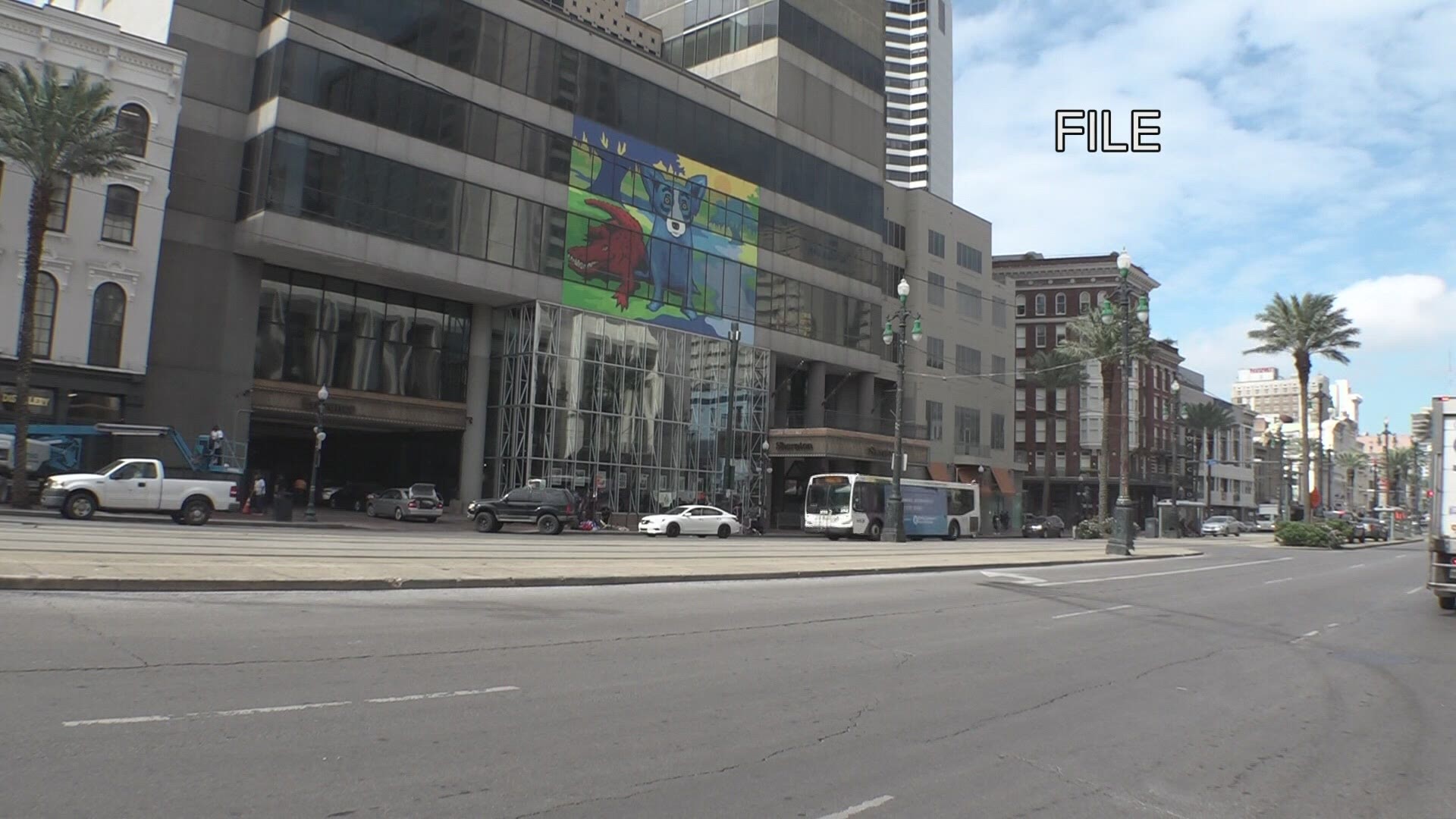NEW ORLEANS — It’s been almost seven months since Hurricane Laura and five since Hurricane Delta, but for those displaced by the storms, it must seem longer.
Many evacuated to New Orleans. According to the department of Children and Family Services, almost 13,000 evacuees were spread out across the state. As of Monday, 270 of them are still in a New Orleans hotel, unable to go home.
“It’s unusual to be in a continued sheltering for this long after an event,” said Casey Tingle, deputy director of the Governor’s Office of Homeland Security and Emergency Preparedness. “Housing post disaster is always one of the most complicated things that has to be done.”
Tingle says most current evacuees are from vulnerable households, who may not have enough money or ability to fix their homes. Combine that with high demand for building materials during a pandemic.
“Even the labor market in terms of that capacity to be able to repair that many homes in that short of a time frame is difficult as well and that assumes you have the money to do it,” Tingle said.
Rebuilding is slowly happening though.
“People are literally working on roofs and mucking and gutting and rebuilding homes on a daily basis,” said Sara Judson, CEO of the Community Foundation of Southwest Louisiana.
Judson says housing needs are still a challenge and attributes progress to support.
“We really appreciate people from across the state and even other parts of the country that are coming in still to help people get back in their homes,” Judson said.
For those still unable to get back in their homes, FEMA and the Housing Authority of New Orleans are offering long-term housing opportunities. Transportation is even being provided to evacuees who can return.
“Not everybody’s pace and path are the same, so you have to allow some flexibility there,” Tingle said.
Flexibility that will hopefully lead to a road back home.

